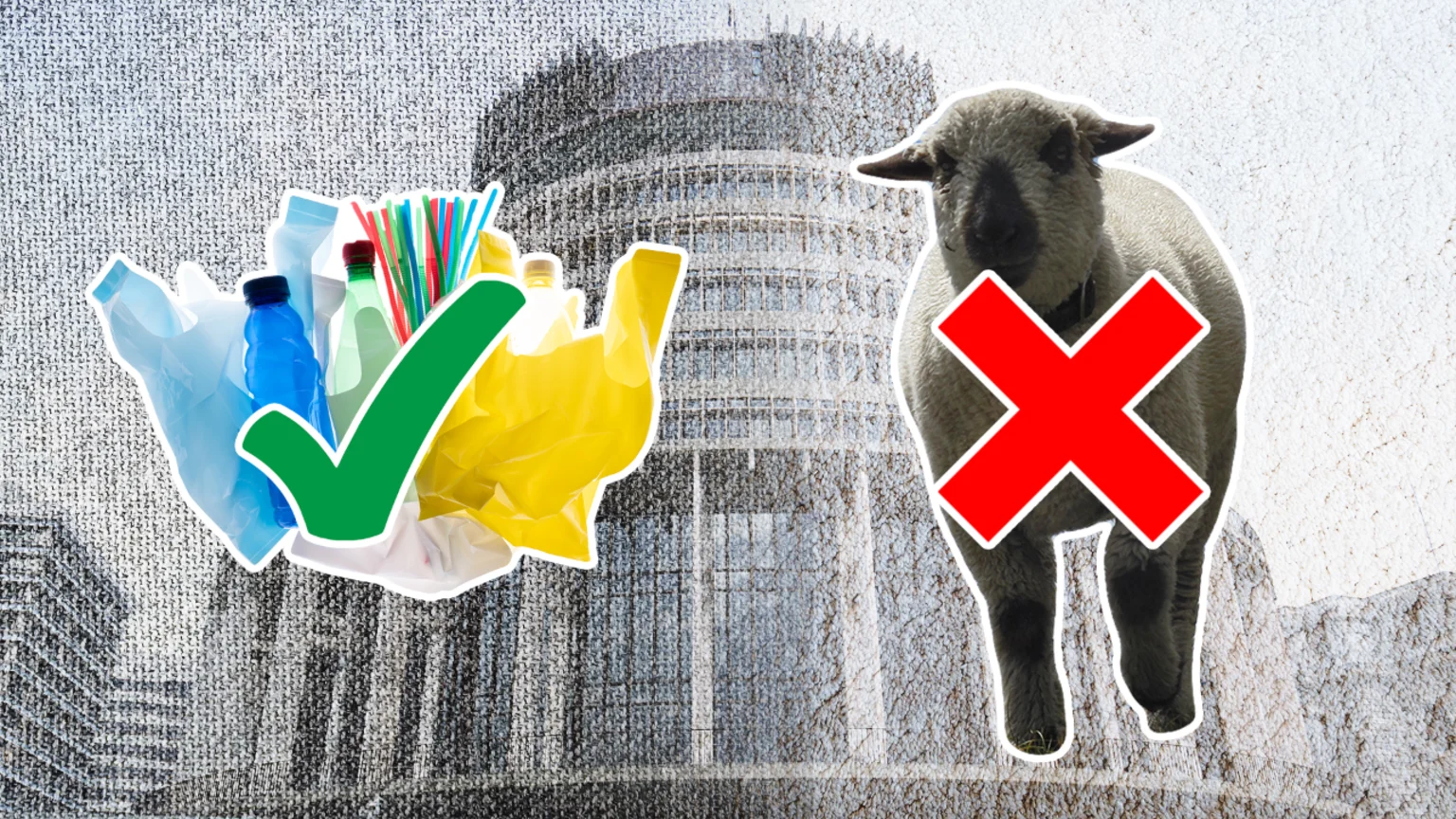Money
Wool's untapped potential: Govt opts for synthetic carpet in rural schools over wool substitute

Published by Dominic George
07 Jul 2023
The fallout is continuing following the decision by the Ministry of Education to award a contract to an American company to fit over 600 rural New Zealand schools with synthetic carpet.
Wool Impact Limited Chief Executive Andy Caughey told REX host Dominic George it is a very contentious issue and puts the Government in an awkward position.
"They've got people that are working in the future, looking at removing plastics from our society and then you've got traditional standards that we are working to that really don't reflect the way that society is moving," he said.
A wool alternative to the synthetic carpet eventually selected to be fitted into these rural schools was not able to meet the current criteria, which Caughey understands, but believes their product is suitable to be used.
"What we are challenging is saying for the future we need to consider what those selection criteria are.
"The work that Wool Impacts is undertaking is looking at prioritising those things that really highlight the amazing attributes of wool and why wool should be considered in these internal living spaces, particularly where children are."
Wool is naturally flame resistant exceeding up to 600 degrees Celsius and Caughey said they are working on improving its flame resistance as well as carbon and life cycle assessment (LCA) to help make wool more desirable for consideration in these sorts of contracts.
He told George Waste Management report New Zealand buries around 148,000 tonnes of carpet every year, the majority of which are synthetic, compared to the roughly 100,000 tonnes of strong wool produced in Aotearoa every year.
"At this stage, Wool is seen as a much more desirable product because of its ability to be decomposed at the end of life and that should be factored into the specifications.
"When we're comparing like with like, the synthetic products don't provide the full picture.
"They're not looking at the production or the extraction of the oil and they're not also taking account of how to dispose of it end of life and the costs associated with that.
"The synthetics going into landfills are going to be around for hundreds of years, where wool can decompose within 12 months."
Wool Impact is working with global architects on the impact of synthetic materials from wellness and environmental aspects and Caughey believes this is the key to future-focused construction and design.
If the New Zealand government wants to be future-focused ad be a global leader they need to look at what's happening within these architecture and design spaces.
"Wool is becoming relevant because of its natural sustainable properties but also the growing awareness of the living biome.
"These are living spaces that we're in the whole time and with that growing awareness there is a desirability to move back to natural fibres and look at new ways of interpreting those so that we surround ourselves in a clean, safe and healthy environment."
Caughey shares the frustration of wool growers in New Zealand but explained Wool Impact is working to make wool relevant again and show the government how investing in the wool industry will not only benefit the local growers and economy but also create a more sustainable, environmentally friendly future for Aotearoa.
To check out more episodes listen to the REX Today Podcast anytime on your favourite streaming platforms including Spotify, Apple Music and Rova or tune in to REX Today live on Magic from 5 am to 6 am every weekday.
Visit the Rural Exchange Facebook or Instagram page for more information and regular updates from the REX team.
Published by Dominic George
07 Jul 2023